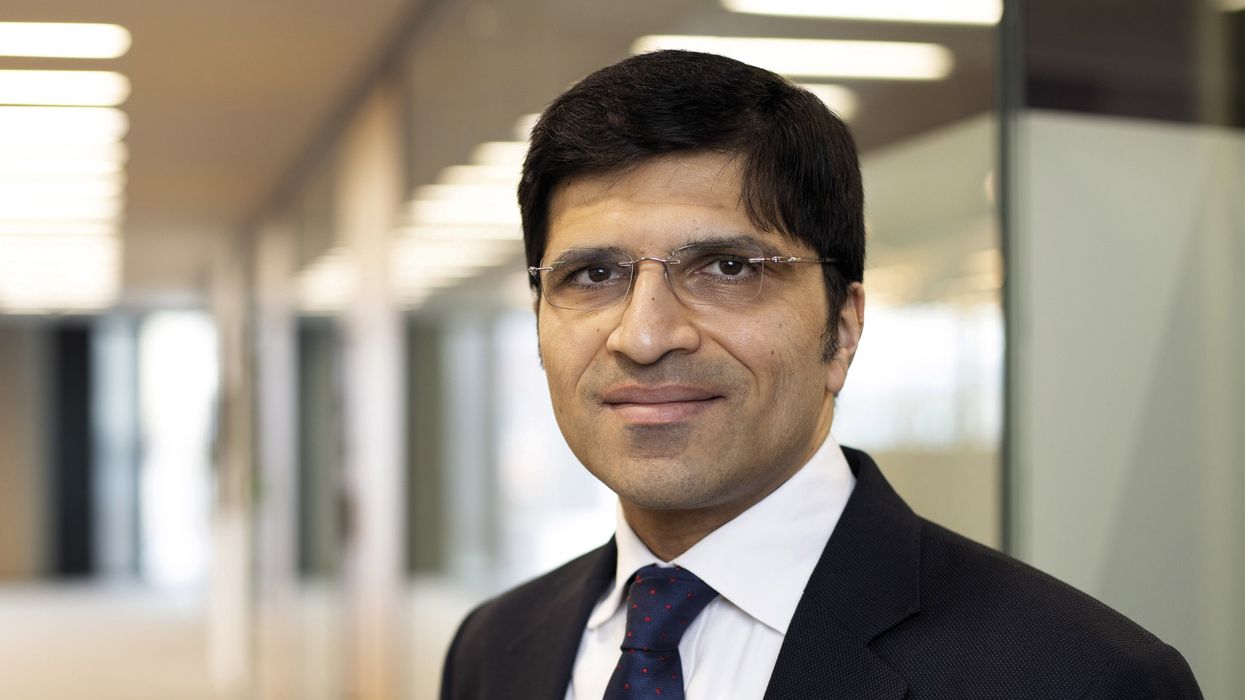THE UK has a significant opportunity to solidify its leadership role in global financial markets in an era of volatility, the head of country’s financial watchdog has said.
Nikhil Rathi, chief executive of the Financial Conduct Authority, said the country’s capital and liquidity pools can drive economic growth and development.
Speaking at the FCA International Capital Markets Conference 2024 last week, Rathi said the UK’s potential for leadership is evident as the world navigates an era of “predictable volatility”.
However, he stressed that achieving this goal will require decisive action from both regulators and market participants.
During his speech, Rathi stressed the need to nurture liquidity in the markets.
“Liquidity is essential for market agility, and the current regulatory framework, which often applies uniform rules to both large global banks and smaller firms, can sometimes stifle this. The old adage of “same business = same risk = same treatment” is no longer suitable in today’s complex financial environment,” he said.
Rathi said the FCA is exploring adjustments to improve market liquidity by tailoring regulations for specialised trading firms that do not hold retail deposits.
“The success of non-bank traders in capturing flows across US equities serves as an example of how custom rules can work. By tailoring regulations, the FCA aims to free up capital, encourage new entrants, and boost competitiveness, all while maintaining market integrity,” he said.
“The FCA is calling for a shift from reactive to proactive regulation, focusing on creating an environment where firms can compete and grow. Rather than stepping in only when crises arise, the regulator wants to use a wide range of metrics to track authorisations, operational efficiency, and regulatory burden.”
He added, “A forward-thinking approach to risk is another critical area of focus. The UK markets have remained relevant by being open to reform, and the FCA is challenging long-held principles to seize new opportunities in this era of volatility. Reforms to listing rules, incentivising pension funds to take greater risks, and simplifying prospectus requirements are just a few examples of how the FCA is driving innovation.”





